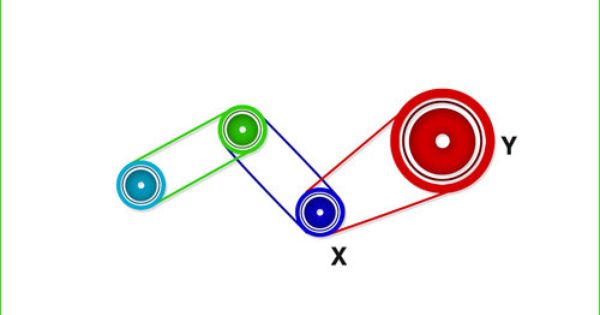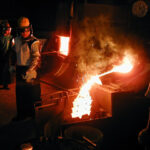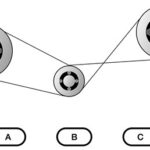What is mechanical aptitude?
Mechanical aptitude describes the capacity to apply simple mechanical and physical principles. In other words, it describes a person’s ability to figure out how objects work and move, alone and in relation to other objects.
People often use mechanical aptitude to conquer routine problems. For example, mechanical aptitude is an underlying capacity that helps a person understand how to use a jack to fix a flat tire, assemble a cardboard storage box, install a new ink cartridge into a printer, and maneuver furniture through doorways and around corners to place it in a new location. Of course, the extent to which a person uses mechanical aptitude depends on the activities he or she must accomplish. Successful performance of tasks in many occupations – such as the trades – relies upon workers having strong mechanical aptitude.
The concept of mechanical aptitude can include several components: general mechanical reasoning, visual/spatial relations abilities, and specific tool knowledge.
· Mechanical reasoning has to do with your understanding of how simple machines work. Simple machines are defined as those requiring the application of a single force to work. Basic simple machines are the wheel and axle, lever, and inclined plane.

· Visual/spatial relations has to do with your understanding of how objects can be moved or oriented in different directions (i.e., at different angles) and still maintain their original characteristics and identity (i.e., they are still the same thing).

How is mechanical aptitude assessed?
While there are several ways to assess mechanical aptitude, the multiple-choice written test is often used because it is cost-effective, efficient, and useful. Written mechanical aptitude questions typically present a picture or diagram of an object or situation that you must analyze in order to find an answer to a question posed about it. You must then choose from among several possible responses, only one of which is correct.
Mechanical aptitude tests present questions representing mechanical reasoning, visual/spatial relations, and/or tool knowledge. Also, because an understanding of gravity influences a person’s mechanical reasoning and visual/spatial relations abilities, many mechanical aptitude tests include questions that cover this concept.


